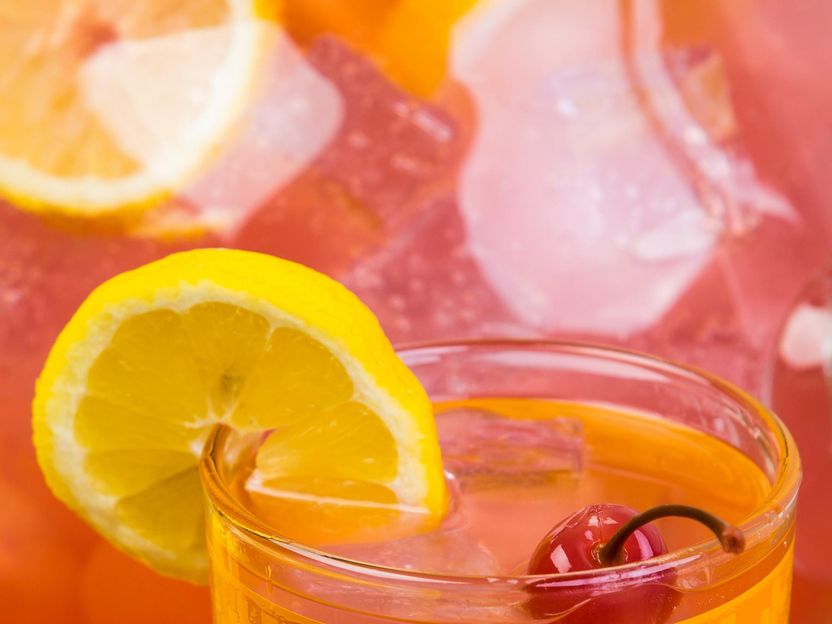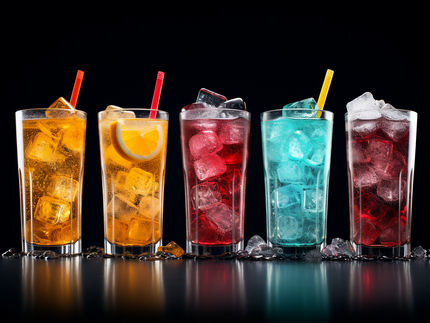The organic opportunity for carbonated soft drinks in Latin America
In Latin America, carbonated soft drinks (CSDs) brands can use organic to reassure consumers over pesticide use and respond to their demand for natural ingredients. Organic is still underrepresented in CSDs in the region and brands should educate consumers on what the certification stands for.

Photo by Jarritos Mexican Soda on Unsplash
Organic CSDs can reassure consumers over pesticide use and better health credentials
Consumers in Latin America have become more worried about the increased use of pesticides in agriculture. In Brazil, hundreds of new pesticide products have been approved since Jair Bolsonaro took power in January 2019, raising concerns over the damage these can do to people’s health.
CSD brands can leverage increased consumer worry and use the growing focus on health and naturalness after the pandemic to sell organic. In categories like juice, consumers are showing more interest in organic, with nearly a quarter of Brazilian juice drinks consumers say they are buying more organic. Even before COVID-19, an average of one in five consumers in Latin America said they had recently started purchasing more organic food and drink, which is slightly more than in Europe and North America. According to Organis (the organic promotion association), sales of organic products in Brazil grew 30% in 2020 as a result of the pandemic.
CSDs should take inspiration from how other drinks educate consumers on organic’s values
Organic drinks brands in Latin America are highlighting explicitly what organic means for their products: support to local communities, no pesticides, or animal welfare.
Organic Chocolate Orange Herbal Tea claims to partner with farmers who prioritise quality, environmental stewardship and progressive human rights, and a sustainable future for the local and global communities (Chile, imported from US).
Organic Grape Juice. This gluten-free beverage is made from ecologically farmed grapes, without the addition of synthetic chemicals or the use of pesticides (Brazil).
Chocolate Flavored Plant Protein. The manufacturer claims to donate part of the profit to the Animal Heroes Foundation, which protects animal rights (Mexico).
Organic CSDs will have to justify their sugar content
COVID-19 has made consumers in the Latin American region more aware of the dangers of consuming large amounts of sugar and the risk linked to obesity and diabetes. Latin America has some of the highest COVID-19 death rates in the world and high levels of obesity and diabetes in the region are major contributors to the impact of the pandemic regionally. Low sugar is now the second-highest priority for Brazilians when choosing non-alcoholic beverages.
Organic CSDs are sold on the basis that they are better for people’s health but actually exhibit a similar sugar content to non-organic CSDs. Organic CSD brands in Latin America will have to be more transparent on sugar content and explain better their choices of ingredients to build credibility.
Use social media to promote organic CSDs as fun, tasty and responsible options
Successful organic CSD brands in Latin America are using social media platforms to promote their products as part of a modern, responsible lifestyle.
Soda Raiz uses craft recipes and ingredients that are 100% organic. The brand is very active on Instagram, offering discounts and showcasing how it is better for you (natural and handmade) and for the environment (Mexico).
Dcada is supporting small panela producers and is very active on TikTok and Instagram to attract younger consumers in search of a healthier, better-for-the-environment drink (Colombia).
Buho excels in its communication on social media about how its drinks are better for health and the planet, support local communities and are best paired with trendy take-outs (Mexico).
What Mintel thinks
Organic CSDs are underrepresented in Latin America. CSD brands can use organic certification to reassure consumers over the use of pesticides and pique consumers’ interest in natural and ethical products. CSDs will need to focus on healthy sugar content and affordability as key success factors.




























































